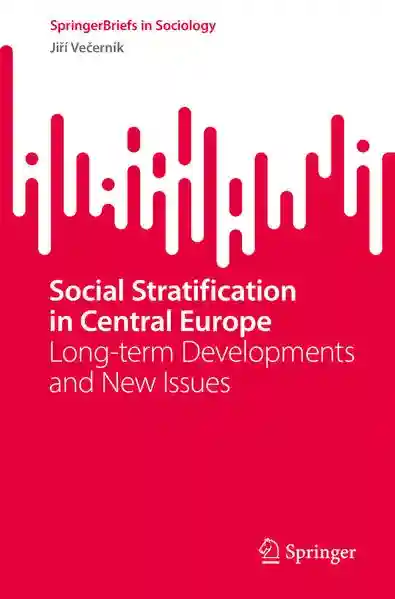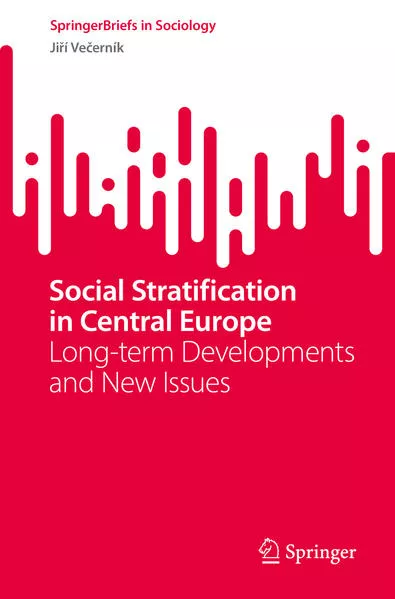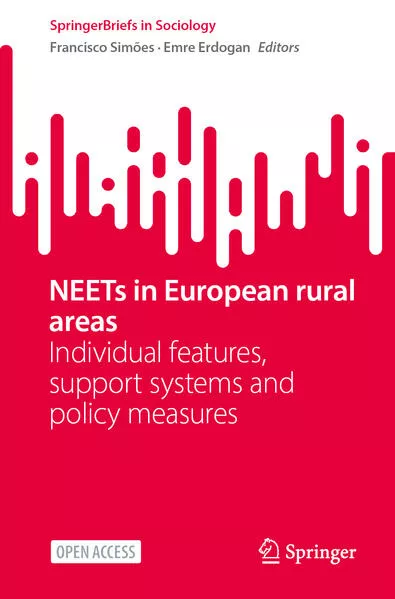Chronologie aller Bände (1 - 3)

Die Reihenfolge beginnt mit dem Buch "Social Stratification in Central Europe". Wer alle Bücher der Reihe nach lesen möchte, sollte mit diesem Band von Jiří Večerník beginnen. Der zweite Teil der Reihe "Social Stratification in Central Europe" ist am 31.08.2022 erschienen. Mit insgesamt 3 Bänden wurde die Reihe über einen Zeitraum von ungefähr 3 Jahren fortgesetzt. Der neueste Band trägt den Titel "Youth Political Activism in Italy".
- Anzahl der Bewertungen für die gesamte Reihe: 0
- Ø Bewertung der Reihe: 0
- Start der Reihe: 31.08.2022
- Neueste Folge: 19.04.2025
Diese Reihenfolge enthält 3 unterschiedliche Autoren.
- Autor: Večerník, Jiří
- Anzahl Bewertungen: 0
- Ø Bewertung:
- Medium: Buch
- Veröffentlicht: 01.09.2022
- Genre: Politik
Social Stratification in Central Europe
- Autor: Simões, Francisco
- Anzahl Bewertungen: 0
- Ø Bewertung:
- Medium: Buch
- Veröffentlicht: 27.11.2023
- Genre: Politik
NEETs in European rural areas
- Autor: Genova, Carlo
- Anzahl Bewertungen: 0
- Ø Bewertung:
- Medium: Buch
- Veröffentlicht: 19.04.2025
- Genre: Politik
Youth Political Activism in Italy
This book asks readers to rethink youth activism in the political field as a lifestyle whose sense goes beyond the logic of political action. Reviewing the debate on the relationship between young people, politics and political participation, it shows that a significant portion of young people are involved in more social forms of participation, rather than with political ones, because their references to political values and ideologies, as well as their trust in political actors, are weak. But, in parallel, it also challenges the hypothesis that the various ways in which young people are present in the political sphere can be considered simply as forms of political participation. Presenting the results of research on young activists from radical-left groups in Italy, the book shows that their involvement is only partly attributable to reasons of political intervention; instead, desires for experimentation and self-expression, as well as shared tastes and sensibilities that far exceed the boundaries of the political, characterize their participation, and are therefore a component of a broader, distinctive lifestyle. Based on these findings, the book calls for a rethinking of youth engagement, the reasons for which could be largely outside the field of politics.


